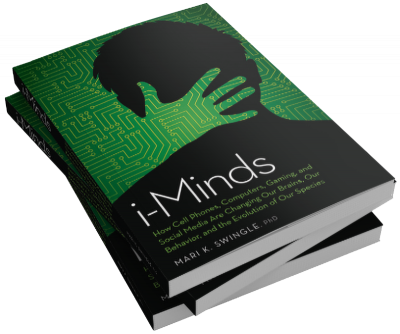For over 25 years, the Swingle Clinic has provided state-of-the-art Neurofeedback & Biofeedback Services direct to the public. The clinic has also been a flourishing training ground for many of the BCIA Certified Clinicians & Technicians now practicing in the lower mainland and abroad (Europe, US, Australia, Asia, Caribbean and beyond).
Originally founded in 1997 as an amalgamation of Dr Paul Swingle’s Neurofeedback Practice and Dr Mari Swingle’s Peak Learning Educational Centre, the Swingle Clinic quickly grew into a team of psychologists and allied health professionals dedicated to making significant contributions to the evolution of the field of mental health via Neurotherapy. The clinic’s success can be directly attributed to what was then a novel concept in psychiatry, psychology, medicine and education. — Bypassing standardized testing, DSM diagnoses, and pharmacological intervention; instead looking directly at, and working with, the ‘organ of origin’, the brain itself.
Since then the clinic has both boutiqued and broadened providing many adjunct treatment modalities including HRV, EMDR, CST, and Counselling in an environment most welcoming to both the client and the family.
Over our 25 plus years in practice, the Swingle Clinic has developed a reputation for successfully working with difficult-to-treat conditions, including complex forms of ADHD, Learning Disabilities & Disorders, ASD, anxiety, depression, trauma, and chronic mental & physical conditions not responding well to standard evidence-based practice.
Evolution to the Second Generation: Dr Mari Swingle’s early career focused on working with neurodivergent children, which she later developed into a suite of services, including Neurofeedback training while under task; finding and fixing the exact cause of learning difficulties (neurological, cognitive, missed learning phases, impacts of stress, and the interplay of family dynamics with educational demands). Dr Mari Swingle continues to work with parents, siblings, and educators training the brain while creating ideal situations for each child to learn at their best. Over the past two decades, this more often involves raising awareness of, and thereafter training what she calls ‘the two big elephants’ –addressing the impact of excessive or non-complementary screen time (gaming, social media, scrolling) and early marijuana (ab)use; two primary factors often affecting the health and happiness of children, adolescents, youth, and their families, by directly affecting attention & mood, and directly & indirectly impeding the ability, and facility, to learn.
Dr Mari Swingle’s early work provided the background research for Dr Paul Swingle’s book, “When the ADHD diagnosis is wrong.” Today, Dr Mari Swingle remains an internationally recognized authority on reversing learning disabilities in children, without the need for medications, which can cause unhelpful side effects.


